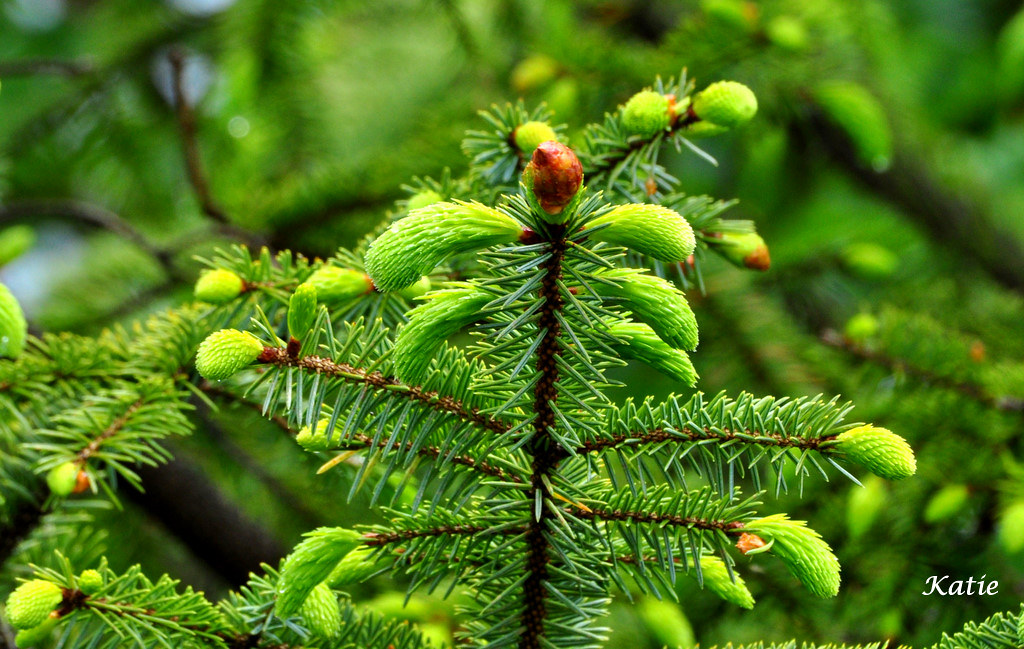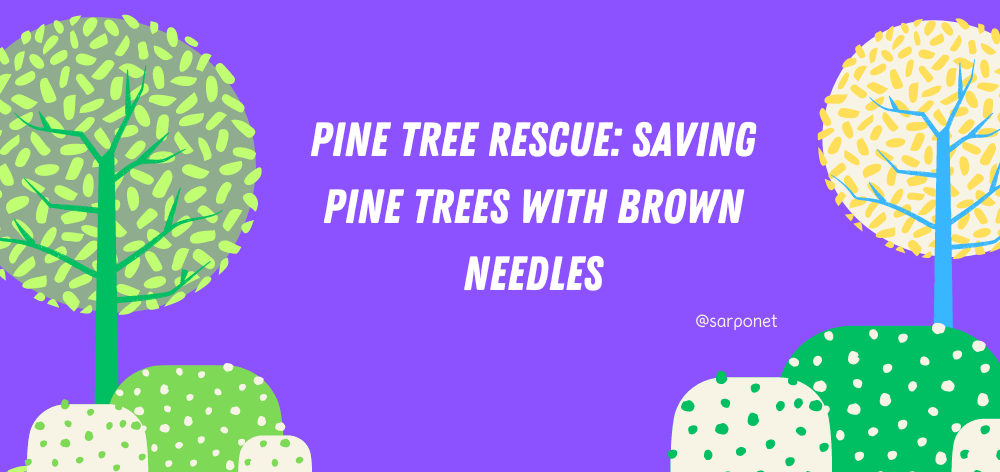Will Vinegar Kill Maple Seedlings? The Surprising Answer
Yes, vinegar can kill maple seedlings. The acetic acid in vinegar is strong enough to damage the delicate roots of young plants. If you’re trying to eradicate a maple tree from your yard, using vinegar is an effective way to do it.
If you’re looking for a natural way to kill maple seedlings, vinegar may be the answer. Although it’s not 100% effective, vinegar is a strong weed killer and can help control maple seedlings. To use vinegar as a weed killer, simply mix one part vinegar with one part water in a spray bottle and apply it to the leaves of the seedlings.
The acidity in the vinegar will kill the plants.
What Will Kill Maple Seedlings?
When it comes to maple seedlings, there are a few things that can kill them off. These include too much sunlight, lack of water, and poor drainage. If you’re not careful, your maple seedling may never make it to maturity.
Here’s what you need to know about each of these potential killers: Too Much Sunlight Maple seedlings need some sunlight to grow, but too much sun can be detrimental.
The leaves of the seedling will start to turn brown and wilt if they’re getting too much sun exposure. If this happens, you’ll need to provide some shade for the plant by putting up a temporary structure or moving it to a shaded area. Lack of Water
If your maple seedling doesn’t get enough water, the leaves will begin to droop and turn brown. The plant may also start to produce fewer seeds. Make sure you keep an eye on the soil moisture level and water your plant when needed.
Poor Drainage Poor drainage can also be fatal for maple seedlings. If the roots sit in wet soil for too long, they can rot and die.
Be sure to plant your maple tree in an area with well-drained soil and don’t overwater it. With proper care, your maple seedling should thrive and eventually produce beautiful foliage and delicious seeds!
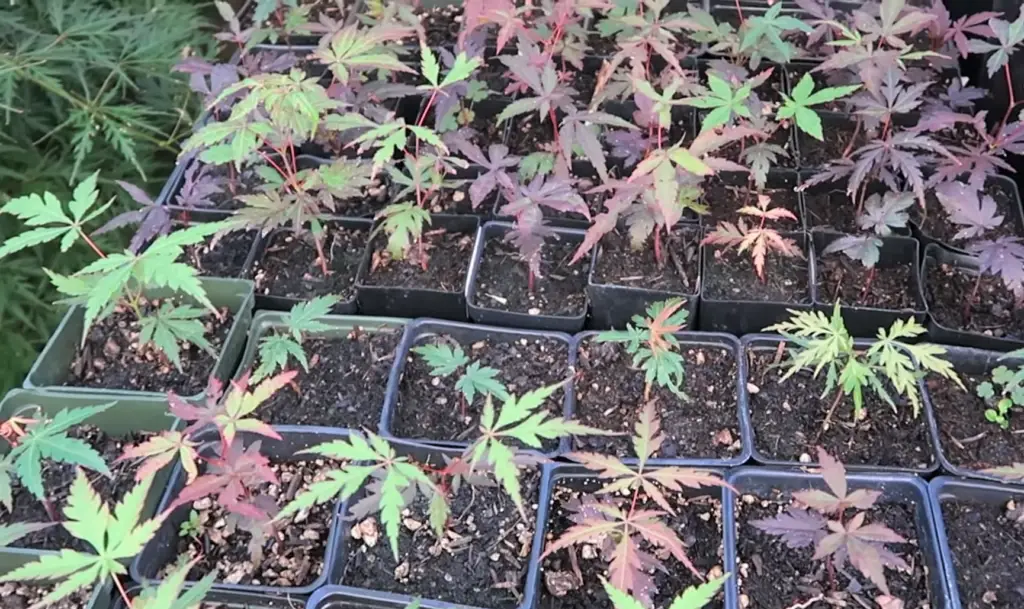
Will Vinegar Harm Seedlings?
No, vinegar will not harm seedlings. In fact, it can be quite beneficial! Vinegar is a great way to fight off fungi and bacteria that can cause disease in plants.
It can also help control weeds and keep pests like aphids at bay.
How Do You Kill Saplings Naturally?
One of the best ways to kill saplings naturally is to use a stump grinder. This machine grinds away the entire tree, including the roots, so that new growth cannot occur. If you do not have access to a stump grinder, you can also cut down the tree and then apply a herbicide to the stump.
Does Vinegar Kill Plant Seeds?
Yes, vinegar can kill plant seeds. The high acidity of vinegar will break down the seed coat, which will prevent the seed from germinating.
How to Secretly Poison a Tree
The easiest way to secretly poison a tree is to drill a hole in the trunk and pour in a concentrated herbicide. The best time to do this is early spring or late fall when the sap is flowing and the tree is actively growing. If you do it during the summer, the leaves will absorb most of the poison and they’ll be visible evidence of your deed.
Will Vinegar Kill Grass Permanently
We’ve all seen those commercials with a homeowner spraying vinegar on their weeds and watching them die. It sounds like the perfect solution to an unsightly lawn, but does it really work? Can you kill grass permanently with vinegar?
The answer is yes…and no. Vinegar will kill grass temporarily, but it will not permanently remove it from your yard. The acidity of the vinegar will slowly break down the cell walls of the grass plants, causing them to wilt and die.
However, the roots of the grass will remain alive and once they regrow, you’ll have a new crop of weeds to deal with. There are some products on the market that claim to use vinegar as a permanent weed killer, but there is no scientific evidence to support these claims. If you’re looking for a way to get rid of weeds permanently, your best bet is to dig them up by hand or use a chemical herbicide.
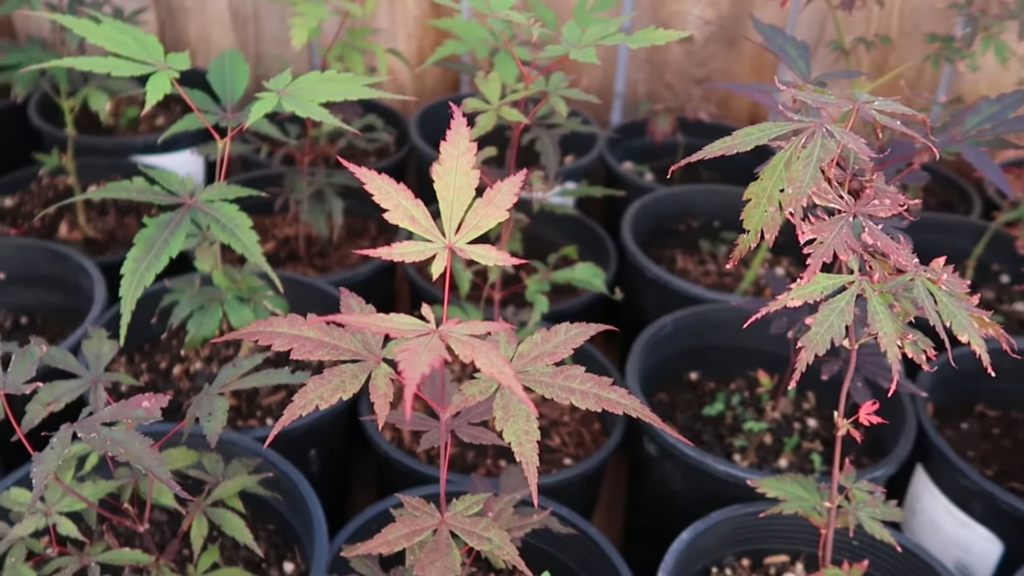
Will Vinegar And Salt Kill Trees
If you’re looking for a natural way to kill trees, you may have heard that vinegar and salt can do the trick. But does this method really work?
Vinegar is an acidic substance, so it can help break down the bark of a tree.
This makes it easier for the salt to penetrate the tree and poison it. Salt acts as a desiccant, drawing moisture out of the tree and causing it to die.
To use this method, mix equal parts vinegar and salt in a bucket or sprayer.
Apply the mixture to the trunk of the tree, making sure to coat it thoroughly. You may need to reapply every few days until the tree dies. Keep in mind that this method will also kill any other plants nearby, so use it with caution.
Will Vinegar Kill Tree Roots
You may be surprised to learn that vinegar can be used to kill tree roots. Although vinegar is not strong enough to completely kill a tree, it can effectively kill the roots, which will ultimately lead to the death of the tree. Here’s how it works:
Vinegar is an acidic substance, and when it comes into contact with tree roots, it breaks down the root structure. This prevents the roots from being able to absorb water and nutrients from the soil, which eventually leads to the death of the tree. It’s important to note that you must use high-quality vinegar for this method to work properly.
Regular household vinegar is not strong enough to kill tree roots. You need to use stronger vinegar, such as horticultural vinegar or industrial-strength vinegar.
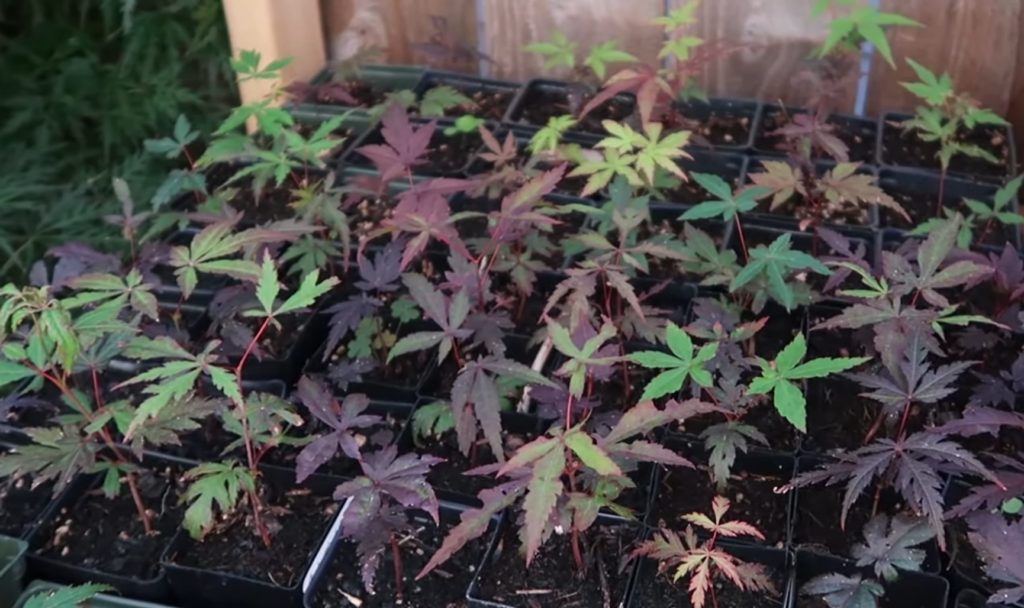
Will Vinegar Kill Lantana
Lantana is a pesky weed that can be difficult to get rid of. However, vinegar is an effective herbicide that will kill lantana. Simply mix one part vinegar with one part water and spray it on the lantana leaves.
The acid in the vinegar will burn the leaves and kill the plant.
Will Diluted Vinegar Kill Grass
Diluted vinegar can be an effective way to kill grass. The acidity of the vinegar will damage the blades of grass, causing them to turn brown and die. For best results, use vinegar with at least a 5% acidity level.
To make a dilute vinegar solution, mix one-part vinegar with four parts water. Be sure to wear gloves and protective clothing when handling diluted vinegar, as it can cause skin irritation.
Will Diluted Vinegar Kill Plants
If you’re looking for a natural way to kill plants, vinegar is a good option. Vinegar is an acid, so it will lower the pH of the soil, making it more difficult for plants to grow. You can either use undiluted vinegar or diluted vinegar.
Undiluted vinegar is more likely to kill plants, but diluted vinegar will still have some effect. To make diluted vinegar, mix one part water with one part vinegar. Then, pour it on the plant and watch it wilt away!
Will Vinegar Kill Trees
It’s a common misconception that vinegar will kill trees, but the truth is a little more complicated than that. Vinegar is an acidic substance, and when applied to tree bark it can cause damage to the tree’s cambium layer. This damage can eventually lead to the death of the tree if it’s not treated.
However, vinegar alone won’t kill a tree – it would take a lot of concentrated vinegar over an extended period of time to really cause serious harm. So if you see someone spraying vinegar on trees, don’t worry – they’re not actually doing any harm.
Frequently Asked Questions:
How do you prevent maple seedlings?
To prevent maple seedlings:
1. Clean up fallen seeds regularly.
2. Use mulch to deter seed germination.
3. Weed your garden and lawn.
4. Consider pre-emergent herbicides.
5. Prune mature maples to reduce seed production.
6. Plant barrier plants or ground cover.
7. Manually remove seedlings.
8. Maintain a dense tree canopy.
9. Choose alternative, low-seed plants.
What do maple tree seeds look like?
Maple tree seeds, also known as “helicopters” or “samaras,” have:
1. Winged structures in a V-shape or curved.
2. Brownish, flat seeds at their center.
3. Typically 1 to 2 inches long.
4. Brown or tan color when mature.
5. Thin, delicate wings and woody seeds.
6. Often found in pairs on a central stem.
Conclusion
In short, yes, vinegar will kill maple seedlings. However, there are a few things to keep in mind before using this method. First, only use distilled white vinegar or apple cider vinegar; any other type of vinegar will not be as effective.
Second, make sure to dilute the vinegar with water (1 part vinegar to 10 parts water), as using it at full strength can damage the soil and plant life around the maple seedling. Finally, pour the diluted vinegar solution directly on the leaves of the maple seedling; do not apply it to the trunk or stem, as this may harm the tree.
Related Articles:
10 Best Small Evergreen Trees with Non Invasive Roots
 Dr Ahsanur Rahman, PHD
Dr Ahsanur Rahman, PHDPine Tree Rescue: Saving Pine Trees with Brown Needles
 Dr Ahsanur Rahman, PHD
Dr Ahsanur Rahman, PHD

